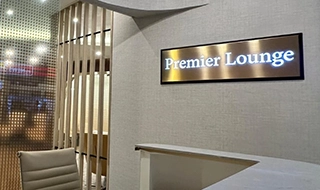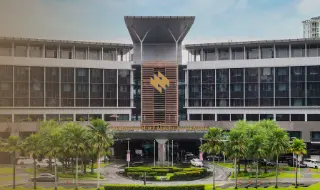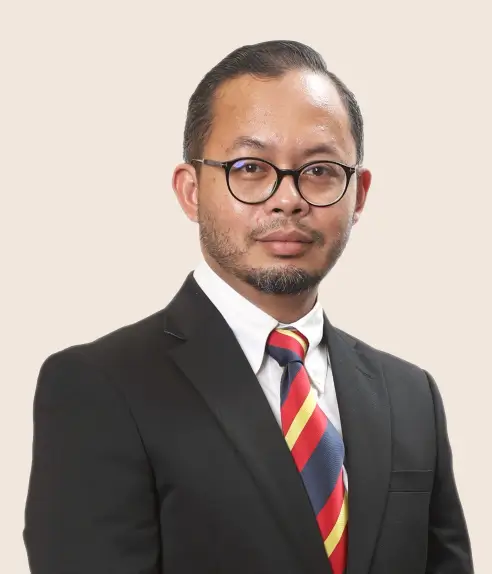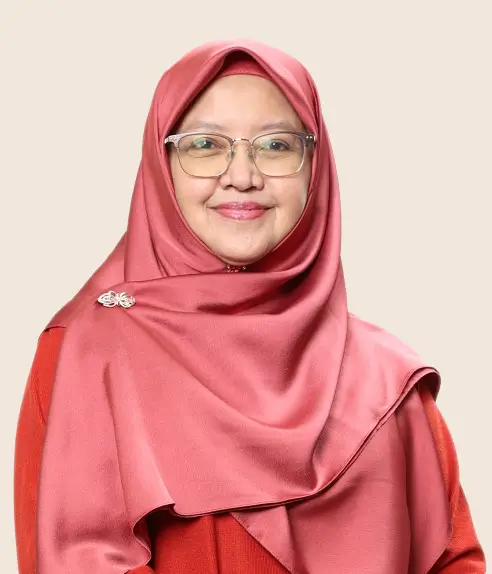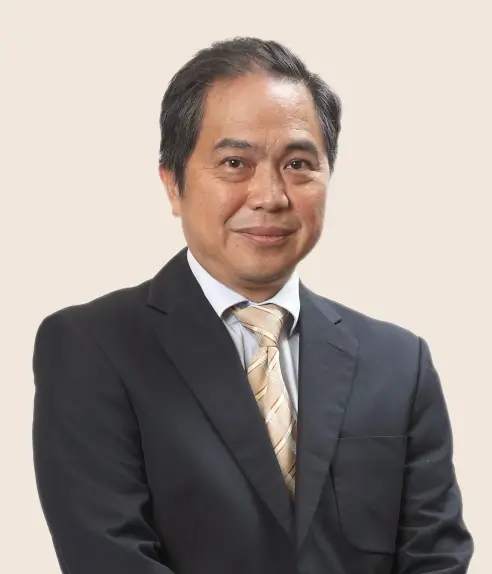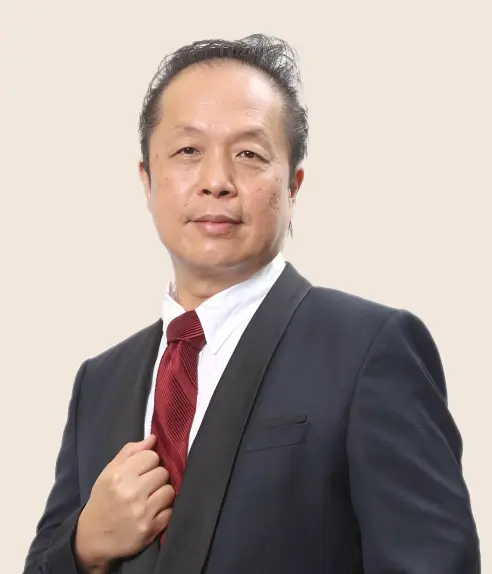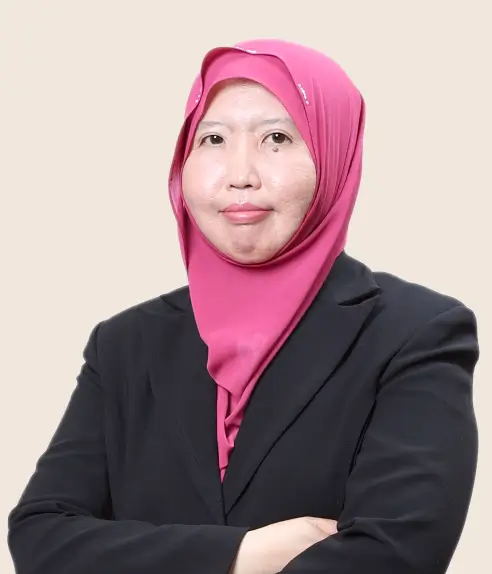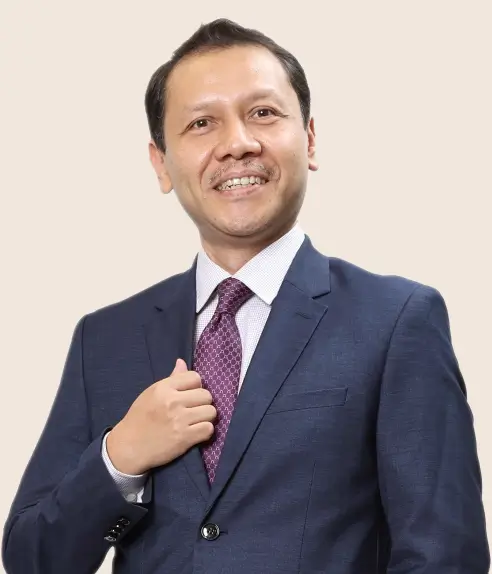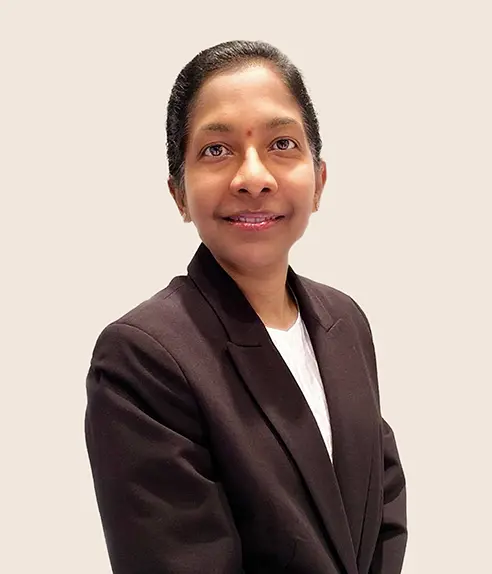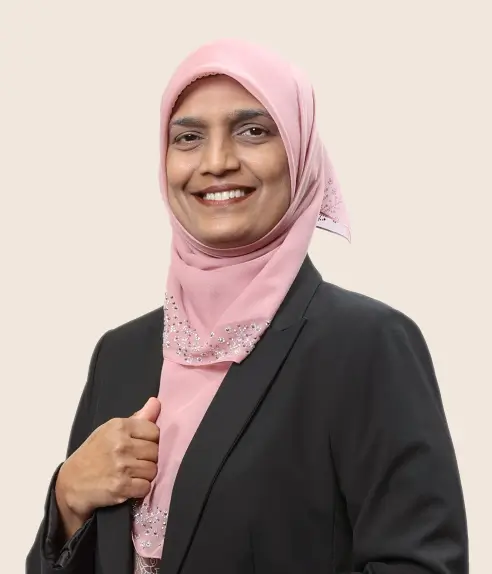What is Paediatric Surgery?
Paediatric Surgery is a specialised field of medicine focused on providing surgical care for infants, children, and adolescents. It encompasses the diagnosis, treatment, and management of a wide range of surgical conditions specific to this age group. Paediatric surgeons possess specialised expertise in performing surgical procedures tailored to the unique anatomical and physiological characteristics of children.
Parents or caregivers should consider seeking the expertise of a paediatric surgeon if you observe any of the following symptoms or conditions in a child:
- Congenital anomalies: If the child is born with structural abnormalities, such as cleft lip or palate, heart defects, gastrointestinal malformations, neural tube defects, or any other congenital condition that may require surgical intervention.
- Abdominal pain and digestive issues: Persistent or severe abdominal pain, vomiting, blood in stool, difficulty swallowing, recurrent gastrointestinal infections, or any digestive issue that does not improve with medical treatment.
- Hernias: Swelling or bulge in the groin area, abdomen, or scrotum that is accompanied by discomfort or pain. It may be reducible (able to be pushed back in) or irreducible (unable to be pushed back in).
- Undescended testes: In male infants or children, if one or both testicles have not descended into the scrotum by the age of one, further evaluation and potential surgical intervention may be necessary.
- Tumours or masses: The presence of any suspicious lumps, growths, or tumours that are noticeable under the skin or in any part of the body. It could include tumours in the abdomen, chest, head, neck, or any other area.
- Trauma or injury: Severe injuries or accidents that require surgical intervention, such as fractures, head injuries, abdominal trauma, or burns.
- Urinary tract issues: Recurrent urinary tract infections, kidney stones, urinary incontinence, or other urinary problems that do not resolve with conservative treatment.
- Congenital heart defects: Structural abnormalities in the heart that are present from birth and require surgical correction or management.
- Gastroesophageal reflux disease (GERD): Chronic symptoms of GERD, such as frequent regurgitation, heartburn, difficulty feeding, poor weight gain, or respiratory issues.
- Respiratory conditions: Any condition that affects the lungs or airways, such as persistent lung infections, chronic cough, abnormal chest wall deformities, or congenital lung malformations.
Why Should I Choose Prince Court’s Paediatric Surgeons?
Expertise and Specialisation
When seeking the best care for your child's surgical needs, the paediatric surgeons at Prince Court Medical Centre offer compelling reasons to choose our services. Our team of paediatric surgeons comprises highly skilled professionals who possess a wealth of expertise and specialisation in managing a broad spectrum of paediatric surgical conditions. We handle everything from common issues like hydroceles, inguinal hernias, and undescended testes to more complex "birth defects" such as hypospadias, Hirschsprung's disease, and even rare conditions like choledochal cysts. Our paediatric surgeons are adept at handling the entire range of simple to extremely complex surgical cases in children, thanks to their extensive experience and training.
Multidisciplinary Approach
Collaboration and a multidisciplinary approach are at the core of our paediatric surgeons' practice at Prince Court Medical Centre. We work closely with a team of healthcare professionals, including paediatricians, anaesthesiologists, nurses, and other specialists. By combining our expertise and leveraging collective knowledge, we develop comprehensive treatment plans tailored to each child's specific needs. This collaborative effort ensures the highest quality of care, leading to improved outcomes and the well-being of our young patients.
Advanced Technology
At Prince Court Medical Centre, our renowned commitment to leveraging advanced technology and state-of-the-art facilities sets us apart. We have access to cutting-edge equipment and resources, allowing us to perform surgeries with the highest level of precision and safety. Our operation theatre meets international standards, providing a sterilised and conducive environment for our paediatric surgeons to seamlessly carry out procedures. This technological advantage, combined with our expertise, enhances the quality of care we provide and ultimately benefits our young patients. We always prioritise pain-free, minimally invasive procedures to achieve the best outcomes for children.
Comprehensive Paediatric Care
One distinguishing feature of our team at Prince Court Medical Centre is our comprehensive approach to care. We recognise that successful treatment involves more than just the surgical procedure itself. We place equal emphasis on pre-operative and post-operative care, ensuring that every aspect of a child's treatment journey is carefully managed. This comprehensive approach contributes to improved outcomes, faster recovery, and reduced complications. We prioritise the well-being and comfort of our young patients, understanding their unique emotional and physical needs. We strive to create a supportive and reassuring environment, establishing trust, effective communication, and providing compassionate care to alleviate anxiety and make the treatment process as comfortable as possible for both the child and their family.
Common Paediatric Surgical Conditions
- Congenital anomalies, such as cleft lip and palate, clubfoot, congenital heart defects, intestinal malformations, and neural tube defects
- Paediatric cancers, such as neuroblastoma, Wilms tumour, and hepatoblastoma, as well as blood cancers like leukemia and lymphoma
- Gastrointestinal disorders, such as pyloric stenosis, intestinal obstruction, gastroesophageal reflux disease (GERD), and inflammatory bowel disease (Crohn's disease and ulcerative colitis)
- Paediatric urological conditions including hypospadias, undescended testicles, vesicoureteral reflux (VUR), and kidney disorders
- Thoracic conditions, such as congenital lung malformations, tracheoesophageal fistula, diaphragmatic hernia, and chest wall deformities
- Paediatric trauma including fractures, abdominal trauma, head injuries, and burns
- Paediatric orthopaedic conditions such as scoliosis, limb deformities, hip dysplasia, and congenital foot disorders
- Ear, nose, and throat (ENT) disorders like tonsillitis, adenoid hypertrophy, chronic ear infections, cleft palate repair, and airway disorders
- Appendicitis
- Hernias
Paediatric Surgical Procedures
- Appendectomy – surgical removal of the inflamed appendix in cases of appendicitis
- Hernia repair – surgical correction of inguinal hernias (groin area) and umbilical hernias (belly button area) in infants and children
- Circumcision – surgical removal of the foreskin of the penis, often performed in newborn males
- Tonsillectomy and adenoidectomy – surgical removal of the tonsils and adenoids to treat recurrent tonsillitis or breathing difficulties
- Orchidopexy – surgical fixation of undescended testicles to bring them into the scrotum
- Excision of skin lesions and cysts – surgical removal of skin abnormalities such as cysts, moles, or birthmarks
- Cleft lip and palate repair – surgical correction of cleft lip and/or cleft palate, often performed in multiple stages
- Gastrointestinal surgeries – to treat conditions such as pyloric stenosis, intestinal obstruction, gastroesophageal reflux disease (GERD), and inflammatory bowel disease (Crohn's disease and ulcerative colitis)
- Paediatric urological surgeries – surgical intervention for urinary tract disorders, including hypospadias repair, bladder reconstruction, or correction of vesicoureteral reflux (VUR).
- Thoracic surgeries: Procedures to correct congenital lung malformations, repair tracheoesophageal fistula, or treat chest wall deformities
- Orthopaedic surgeries – surgical intervention for conditions like scoliosis correction, limb lengthening, hip dysplasia correction, and correction of congenital foot disorders
- Neurosurgical procedures – surgical intervention treatments for conditions such as hydrocephalus, brain tumour, spinal abnormalities, or craniosynostosis
- Cardiac surgeries – corrective procedures for congenital heart defects, such as atrial septal defect (ASD) or ventricular septal defect (VSD) repairs, or open-heart surgeries
- Burn care and and reconstructive surgeries – treatment and surgical repair of burns or other traumatic injuries in children










